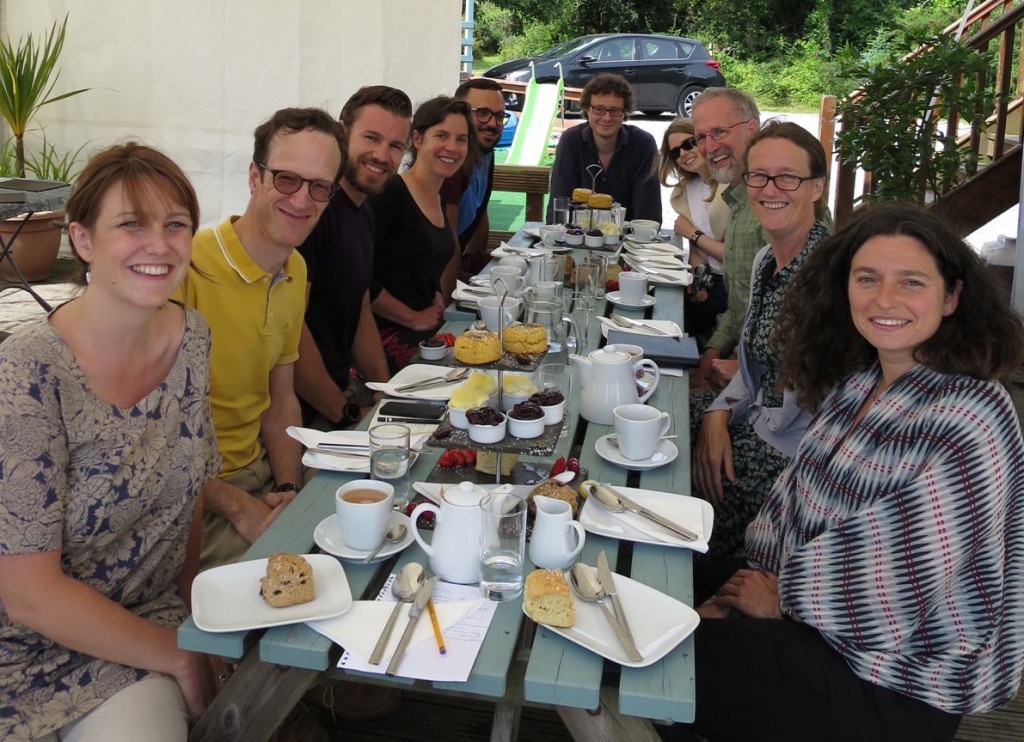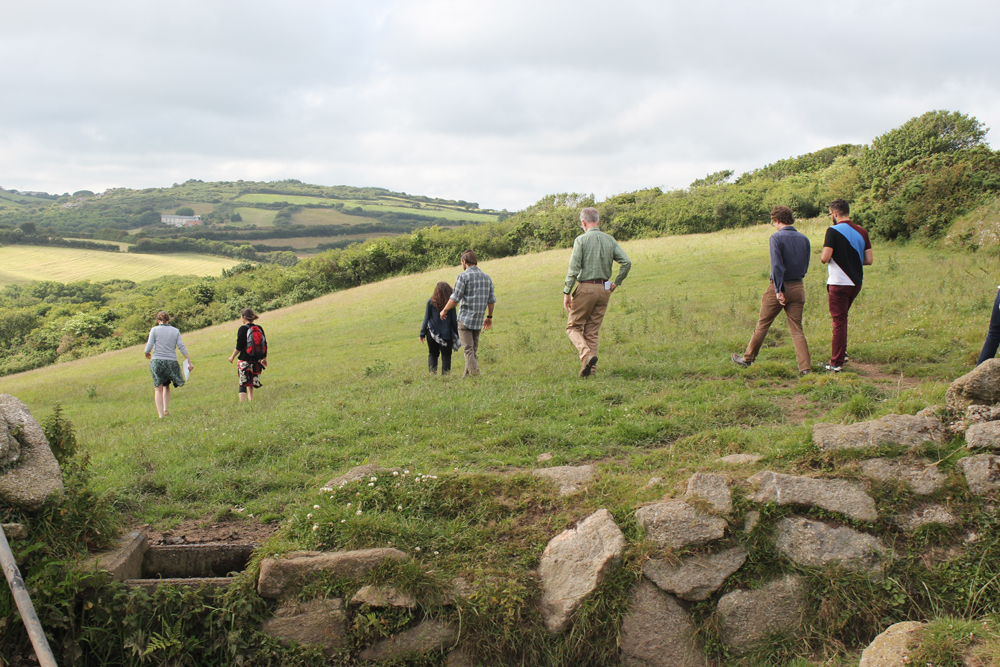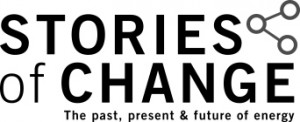The Geography and English departments at the Penryn Campus will be hosting two international seminar speakers in March, as part of the activities of the Centre for Environmental Arts and Humanities.
On Wednesday 5 March Dr Lynn Keller, from the University of Wisconsin, Madison, will present a talk titled: Contemporary American Poetry and the Scalar Challenges of the Anthropocene. Lynn’s seminar is part of the Geography Seminar Series, and will take place at 4pm in Peter Lanyon Lecture Theatre 4.
Abstract: Recognizing that we live in a new era of the earth’s history– one in which the composition of the atmosphere, the acidity of the oceans, and the fate of innumerable species are being determined in large part by human activity– has profound consequences for the human imagination. Poets, who have traditionally celebrated nature as awe-inspiringly apart from the human, are now grappling with the challenges of thinking of nature as something that humans significantly determine. This talk will explore some experiments contemporary U.S. poets are undertaking in their attempts to imagine our responsibilities for the planet and its biosphere at nearly incomprehensible scales, both vast and minute.
On Thursday 20 March Dr Lesa Scholl, from the University of Queensland, will present a talk titled: ‘Th’ food stuck in their throats when they thought o’ them at home’: Hunger, Mobility, and Community in Harriet Martineau’s Illustrations of Political Economy (1832-34) and Elizabeth Gaskell’s Mary Barton (1848). Lesa’s seminar is part of the Penryn Seminar Series, and will talk place at 5pm in Peter Lanyon Lecture Theatre 1. There will be a drinks reception in the staff common room in Peter Lanyon after the talk.
Biography: Dr Lesa Scholl is the Dean of Academic Studies at Emmanuel College, University of Queensland, and was awarded her PhD from Birkbeck College, University of London in 2008. Her monograph, Translation, Authorship and the Victorian Professional Woman: Charlotte Brontë, Harriet Martineau and George Eliot, was published by Ashgate (2011). Her other publications include articles and chapters on Harriet Martineau, George Eliot, Christina Rossetti, Henry Mayhew and pedagogical approaches to translation theory and literature. Her research interests extend to literature as cultural history and economic fictions, and she is currently writing a monograph on literary representations of hunger and mobility 1832-1867.
 ABOVE Attendees at the July 1 seminar at the Waymarker, Constantine (left to right): Bryony Oncuil, James Ryan, Jeremy Cronon, Caitlin DeSilvey, Joao Florencio, Tim Cooper, Ria Dunkley, William Cronon, Veronica Vickey, Elena Isayev; absent, Rose Ferraby and David Paton (car trouble). Photo credit: William Cronon.
ABOVE Attendees at the July 1 seminar at the Waymarker, Constantine (left to right): Bryony Oncuil, James Ryan, Jeremy Cronon, Caitlin DeSilvey, Joao Florencio, Tim Cooper, Ria Dunkley, William Cronon, Veronica Vickey, Elena Isayev; absent, Rose Ferraby and David Paton (car trouble). Photo credit: William Cronon.

